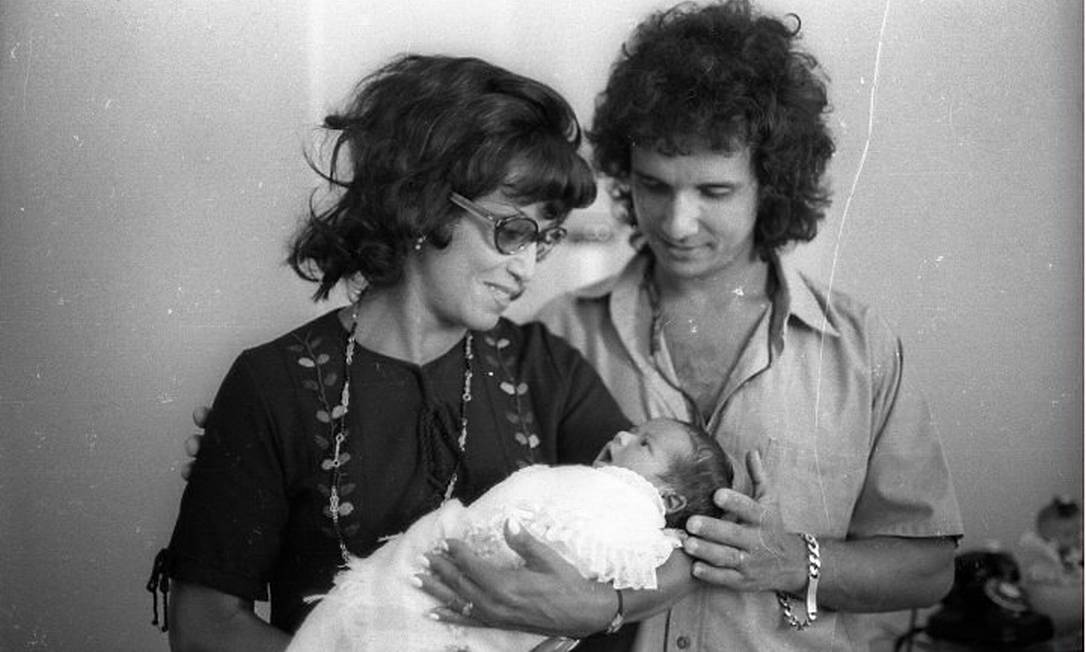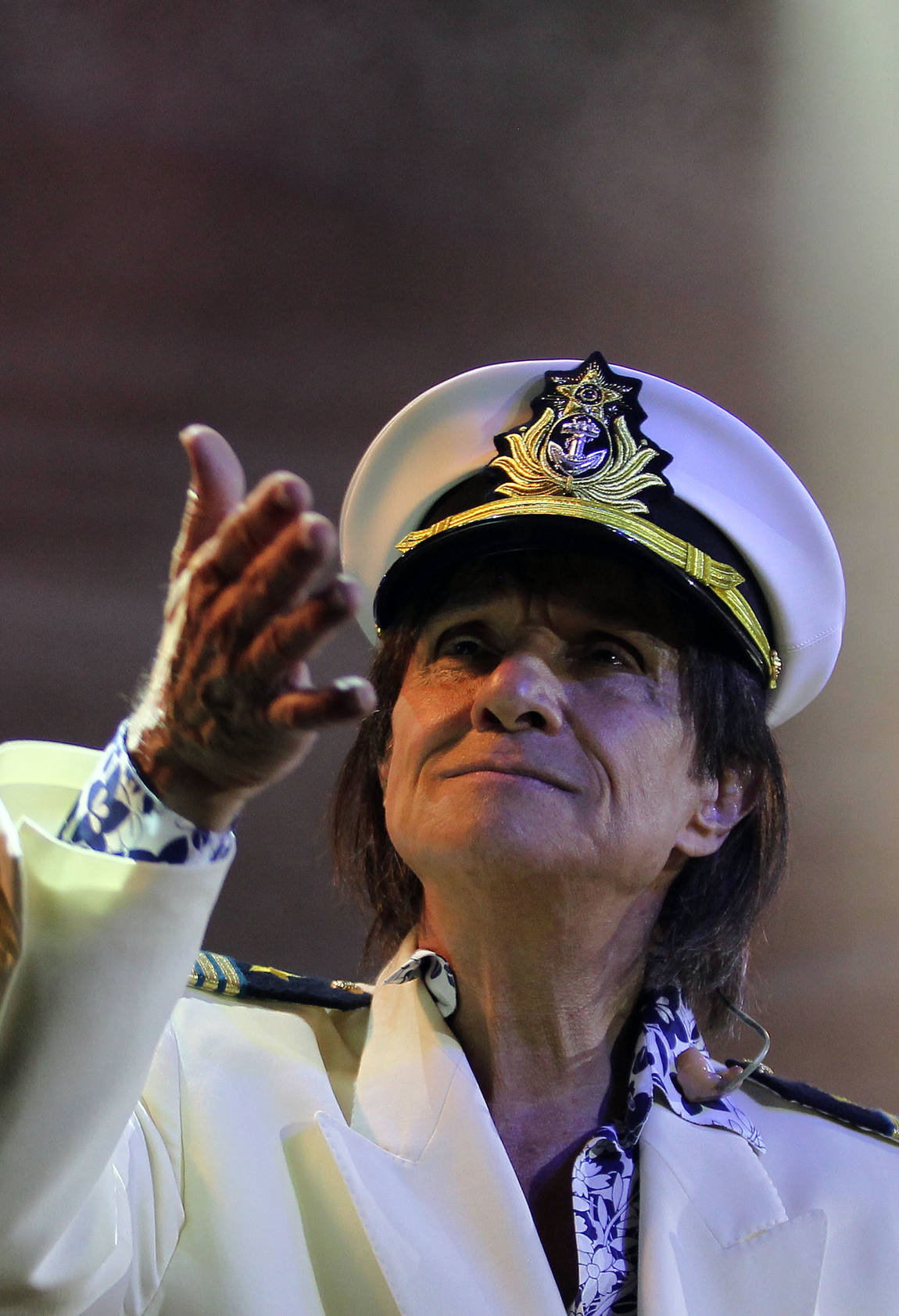Roberto Carlos' "Lady Laura": Official Audio & Lyrics + Info
Can a single song encapsulate the universal yearning for maternal comfort and the solace of childhood? Roberto Carlos' "Lady Laura" does just that, offering a poignant exploration of love, loss, and the enduring power of a mother's embrace.
The song, a staple in Carlos' repertoire and a beloved classic across generations, is more than just a melody; it's a heartfelt narrative, a whispered plea for the simple comforts of home and a longing for a time when worries were few. "Lady Laura" resonates deeply because it taps into something fundamentally human: the need for unconditional love and the safe haven of a mother's care, especially during times of trouble.
| Full Name | Roberto Carlos Braga |
| Born | April 19, 1941 (age 83 years), Cachoeiro de Itapemirim, State of Esprito Santo, Brazil |
| Occupation | Singer-songwriter, Actor, Businessman |
| Genres | MPB, Latin Pop, Romantic Ballads, Rock and Roll |
| Years active | 1950spresent |
| Associated acts | Erasmo Carlos |
| Spouse(s) | Cleonice Rossi (m. 19681979), Myriam Rios (m. 19962010) |
| Children | Dudu Braga (deceased), Luciana Braga, Roberto Carlos II |
| Notable Songs | "Lady Laura", "Detalhes", "Como Grande o Meu Amor por Voc", "Emoes" |
| Website | Official Website |
The genesis of "Lady Laura" lies in a deeply personal experience. Roberto Carlos, the romantic balladeer, penned the song as a tribute to his own mother, Laura Moreira Braga. He channeled his feelings of admiration, respect, and gratitude for the woman who had shaped his life, transforming them into a song that would touch the hearts of millions. The lyrics, a direct reflection of this bond, speak of a yearning to return to the simplicity of childhood, to feel the comfort of a mother's arms, and to hear her soothing voice during times of distress. The song's creation, some 41 years ago, marked a significant moment, solidifying its place in musical history.
The songs impact transcends mere musicality; it's a cultural touchstone. "Lady Laura" is often played in moments of reflection, remembrance, and celebration of mothers. It's a song that evokes memories, stirs emotions, and provides solace. The melody's gentle rhythm and Carlos's heartfelt delivery create an atmosphere of intimacy, drawing the listener into a private conversation between a son and his mother.
The lyrics themselves paint vivid pictures. Lines like "Tengo a veces deseos de ser / nuevamente un chiquillo" ("Sometimes I want to be / a child again") and "de pedir que me abraces y lleves / de vuelta a casa" ("to ask you to embrace me and take me / back home") speak directly to the core sentiments of vulnerability and a desire for the familiar. These aren't just words; they're a plea for comfort, a longing for the innocence of youth, and an acknowledgement of the powerful bond between a child and a mother.
The song's universal appeal is also reflected in its multilingual reach. The song has been translated and performed in several languages, spreading its message of love and maternal comfort to audiences worldwide. This adaptability demonstrates the timelessness of the themes it explores, resonating regardless of cultural or linguistic differences.
Beyond the emotional core of "Lady Laura," the song also provides insight into Roberto Carlos's musical journey. Known for his romantic ballads and his ability to connect with audiences on a deeply emotional level, Carlos has become one of the most successful Latin artists of all time. His career trajectory, filled with numerous albums, sold-out concerts, and countless awards, underscores the significance of songs like "Lady Laura" in his enduring legacy.
The song's production, characteristic of the era, features a soft instrumentation, designed to highlight the emotional core of the lyrics. The arrangement supports Carlos's vocals, creating an environment where the message is paramount. This artistic approach showcases Carlos's ability to connect with the listener, ensuring that the songs message is understood in its full impact.
The structure of the song is straightforward, yet its simplicity is its strength. The lyrics are easy to understand, even for non-native speakers, and the melody is instantly memorable. The structure of the song allows the listener to focus on the emotional essence of the message: a son's expression of love, gratitude, and the enduring importance of his mother.
The phrase "Lady Laura" itself has become an iconic symbol. It represents the ideal of maternal love, the figure of comfort, and the yearning for the secure embrace of a mother. The repeated use of the phrase throughout the song acts as a constant reminder of the song's central theme and ensures that the listener never loses sight of the emotional focus.
The song's enduring popularity is further evidenced by its continued presence in popular culture. It is played at family gatherings, concerts, and is often featured in television and film, solidifying its place in cultural memory. The song's influence extends beyond music, inspiring conversations about family, love, and the value of maternal relationships.
Lady Laura isn't simply a collection of notes and words; it is a reflection on the essence of humanity. It tackles themes of love, vulnerability, and the ever-present need for comfort. In a society that often overlooks the importance of these fundamentals, the song acts as a reminder of the values that bind us.
The song's appeal also lies in its relatability. Many people, regardless of their background or origin, can connect to the song's message. This shared human experience is a key factor in the song's lasting success and makes it a source of comfort for listeners throughout the world.
The act of returning to childhood, of wanting to be a child again, is a common experience. "Lady Laura" perfectly captures this moment, the desire for a time when troubles appeared smaller, and a mother's love was a refuge. It is a moment of longing and of seeking reassurance.
The song's impact is also demonstrated by its various versions, including remastered versions and live performances, all of which emphasize the enduring nature of the song. These alternative versions serve to showcase the versatility of the song and its continued relevance in modern music.
The song's power extends beyond the personal and into the broader social landscape, acting as a commentary on the importance of familial bonds. The song celebrates motherhood, reminding listeners to appreciate the mothers and mother figures in their lives. It serves as a call to acknowledge the support provided by mothers.
From its heartfelt lyrics to Carlos's powerful vocals and simple yet effective arrangement, "Lady Laura" has all the qualities of a timeless classic. The song is a musical masterpiece, an emblem of love, and a tribute to the enduring relationship between a mother and child.
The music, the words, and Carlos's passionate performance intertwine to create a lasting impression on the listener. The message resonates with listeners, creating a sense of empathy. The song's impact is far greater than its parts, creating a lasting monument to the role of a mother in every life.
The song does not shy away from vulnerability. The open expression of emotion serves as a testament to Carlos's artistic skill. The vulnerability displayed in the song provides comfort and affirmation to those listeners who have faced hardships. The act of sharing one's vulnerability with the world has allowed the song to thrive and be embraced by millions.
The song's legacy will be carried on for generations, a testament to the power of music to connect with others. Lady Laura will continue to be remembered as one of Roberto Carlos' most moving works and a timeless hymn to the bond between mother and child.
Beyond the lyrical and musical aspects, it's important to consider the song's historical context. In 1978, when the song was released, Brazil was undergoing a period of social and political change. Roberto Carlos, with his soft, romantic style, provided a refuge, offering a sense of solace and hope in a turbulent time. His music, including "Lady Laura," created an intimate space for the listener, away from the tensions of the period.
The song has the power to evoke a strong sense of nostalgia. The lyrics, combined with the music style of the time, transport the listener to a past era, bringing memories of a simpler time, a feeling that appeals to listeners of all ages. The nostalgic effect is strengthened by the heartfelt lyrics and the emotional delivery.
The song's continued presence in the public consciousness, despite its age, testifies to the skill of its composer. Carlos has managed to connect with a broad audience, building a musical legacy that has crossed generational boundaries. The emotional resonance of the song continues to draw in new listeners. Lady Laura remains a constant reminder of the enduring impact of a mother's love.


